Directed by Farnoosh Samadi and Ali Asgari –
Fatma and her mother Kurdish refugees in Italy. During a medical consultation, Fatma must translate what the doctor said to her mother, but the girl remained silent.
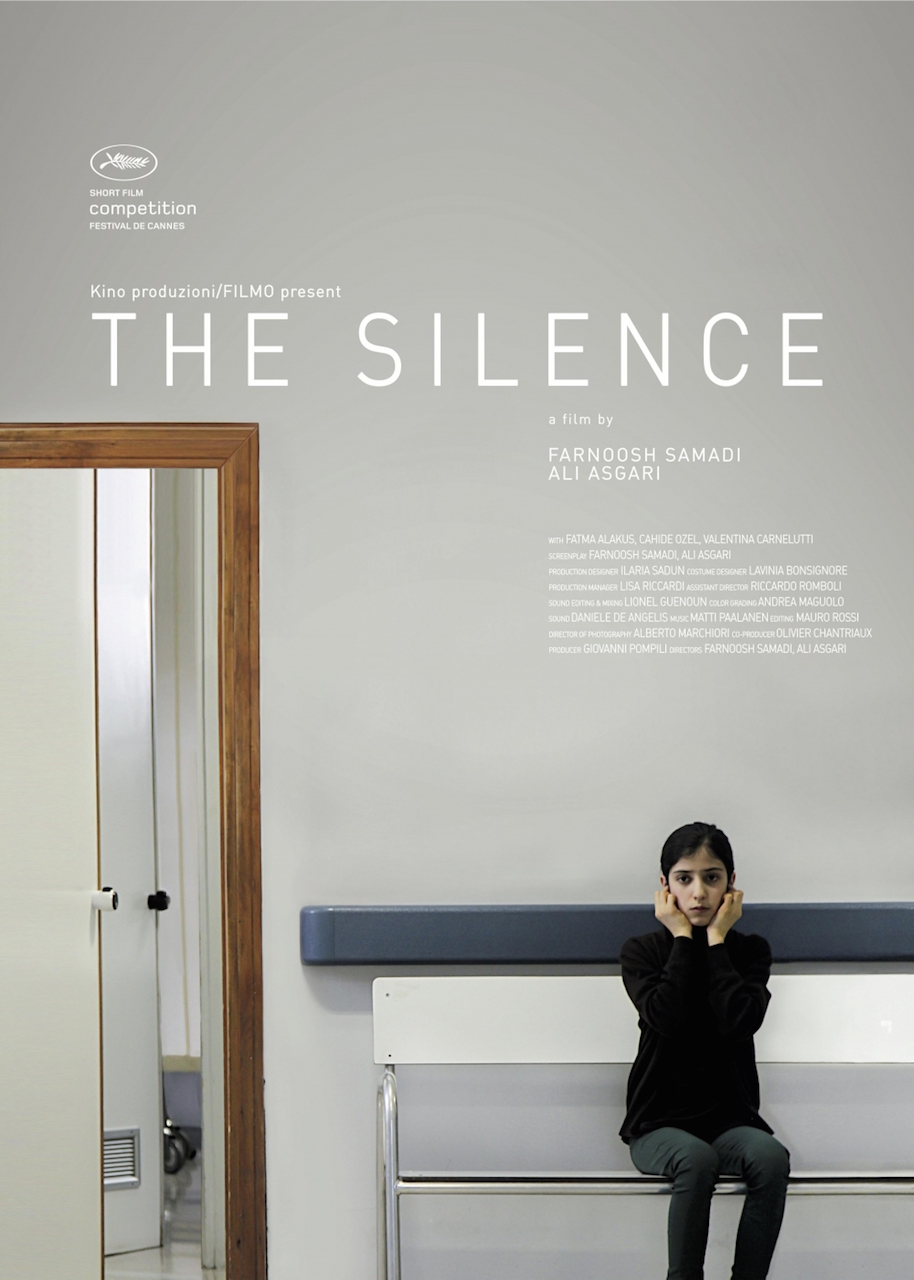
GFM: This is the second time you have both been to Cannes with a competition film. How do you feel about having reached such an amazing goal twice in your career?
Farnoosh: This time is very different for me because in 2013 I was there as a writer for Ali’s short film and now I’m going as a director. I’m going to have many experiences and I’m very happy.
Ali: It’s also very special for me. It’s my second time, but the first film I have made out of Iran, so this is a different situation. It is always really great to be at any festival, but Cannes is different. The people are very different, the cinephiles are different – everything is different. When you think about going to this big arena to show your film to a big audience, it feels incredibly exciting. It’s an honour, in fact.
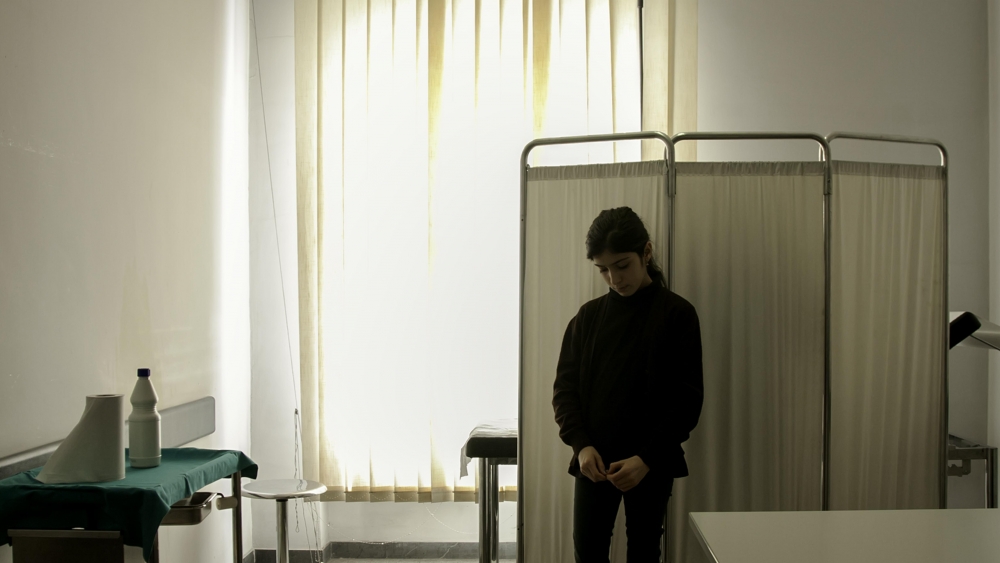
GFM: The two of you have a unique collaboration that’s been going on since 2013 with More Than Two Hours. Can you comment on that?
Ali: The collaboration started in 2013 with More Than Two hours and then we wrote another short film together, The Baby, which played at the Venice Film Festival in 2014. Then we worked on another short film called The Pain, and this is our fourth collaboration, but the first time co-directing.
Farnoosh: This is the first short film I have directed.
GFM: In the previous works you have co-written with Ali directing. Farnoosh, what has the transition to directing been like?
Farnoosh: It’s very different. I always wanted to make films, not only write, but you have to have experience, so I started with writing for Ali. Whenever I wrote, I was always thinking about the direction of the film without experiencing it. However, this time I actually got to do it.
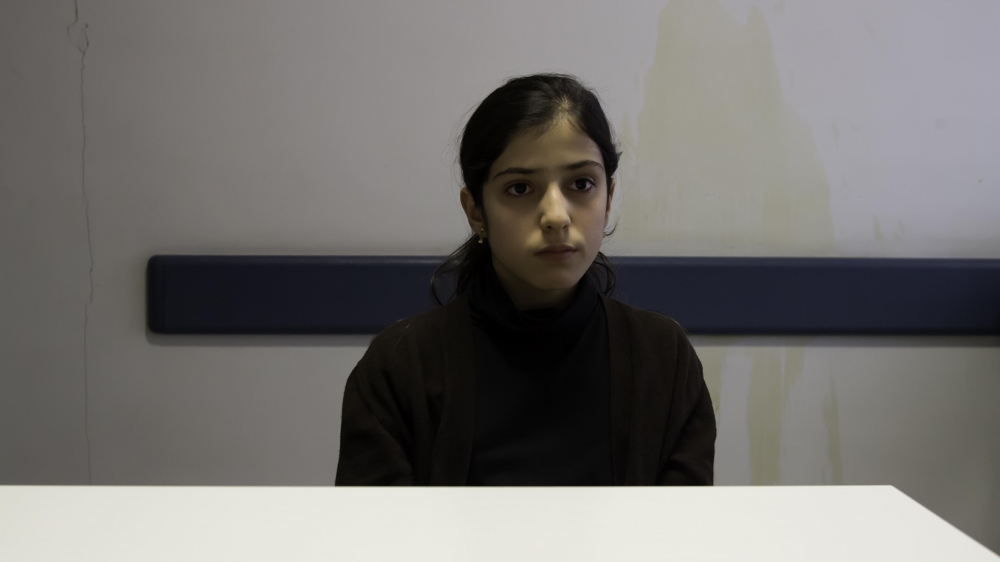
GFM: How did you work on set with dividing the responsibilities?
Ali: Since we have worked together several times, we shared similar points of view about cinema and the film. For the writing process we used the same process as the previous film, but discussed the directing a lot before we shot the film. I thought that co-directing might be difficult but we found we had very similar ideas. Sometimes there were non-common themes, but generally we tried to do what we both liked. This film is the final result of both our perspectives of the directing and writing.
GFM: All your films seem to focus on very intimate and difficult situations that family members face. Is there a unique perspective you are trying to bring to your films?
Ali: I am concerned about human beings, so I can say all my films are about human beings and their confrontation with the difficulties in life and the harsh world we are living in. For this special film we drew from our own experience of life because we had moved to Italy as immigrants. It was a bit different for us because we were students, so we didn’t have that much difficulty. We were still, however, confronted by a new life and this really helped us make this film.
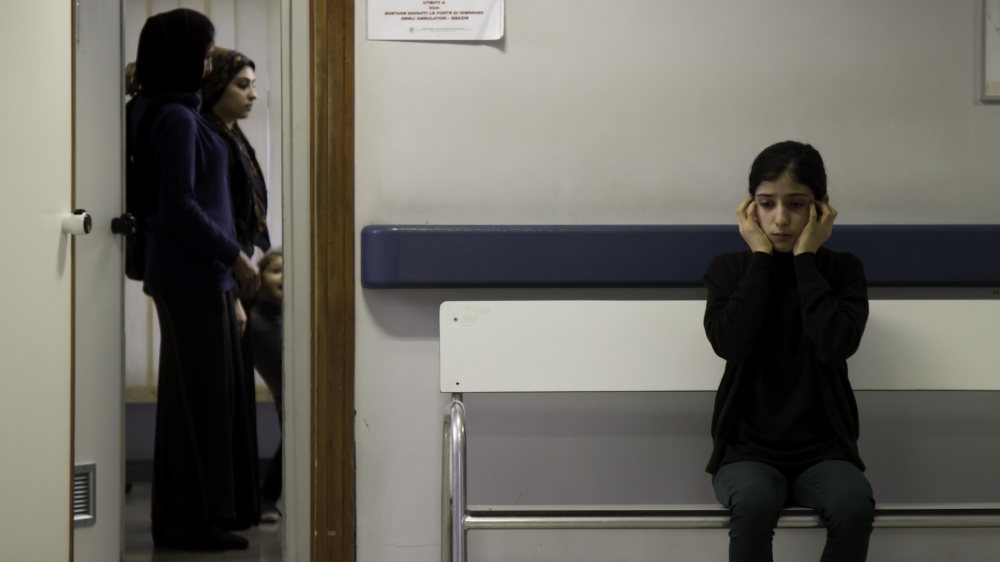
GFM: One of the most moving aspects of the film is the performance by the young actress, Fatma Alakus. Can you talk about discovering her and working with her?
Ali: Yeah, in fact, we were lucky because during the writing process we wrote about an African or Kurdish female actress, but we couldn’t find someone African to play the part, so we decided to do it with a Kurdish girl. Nonetheless, there are not a lot of Kurdish immigrants in Italy. We did some casting but we couldn’t find the actress we were looking for. At last we were lucky enough to find an actress we really liked and, in fact, we didn’t have a rehearsal with her, we just spoke on Skype twice. We talked a little about the film and her experience because she is also an immigrant child.
Farnoosh: She also told us that her mother can’t speak Italian and she had experienced always being the person to go to the hospital with her mother and that she could imagine this story and problem. I don’t think she’s twelve, she’s more like twenty years old.
Ali: By experience.
Farnoosh: Yes, by experience.
Ali: She’s really experienced the same situations all her life because her mother cannot speak one word of Italian and they have been living in Italy for ten years. It was really by chance that we found her.
Farnoosh: In fact, she is coming to Cannes for the screening.
Ali: She also wants to be an actress.
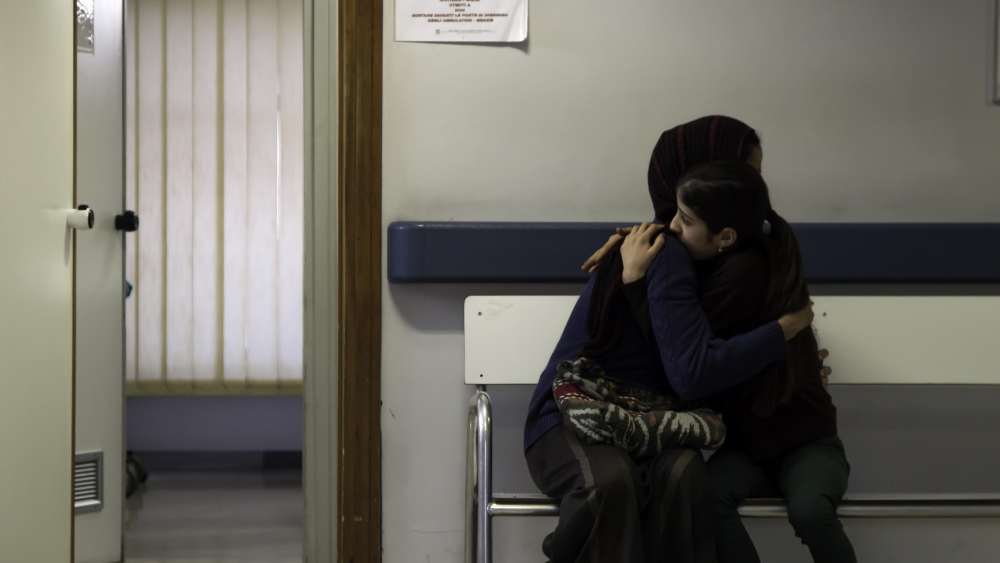
GFM: What’s next for you after Cannes is over?
Farnoosh: We are working here in Paris on a feature film together. After that I might write a short film by myself.
Ali: My first film project was selected for the cinefondation residence, so we are here for six months to write a feature film. I am collaborating with Farnoosh on the writing process and we will hopefully shoot in January.
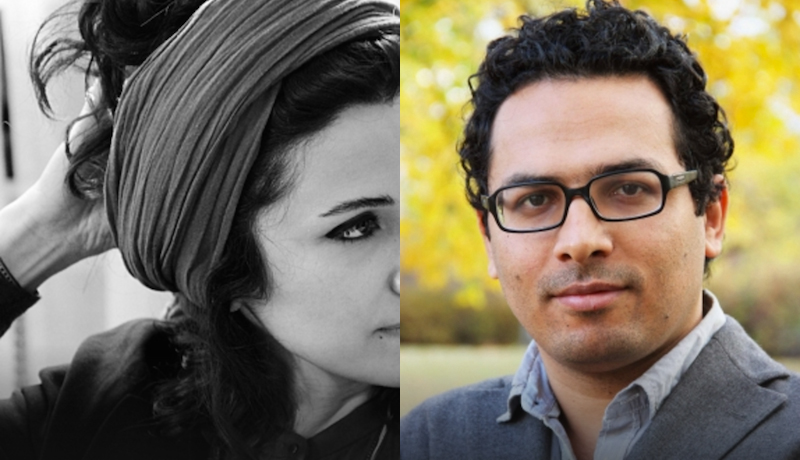
directors Farnoosh Samadi and Ali Asgari